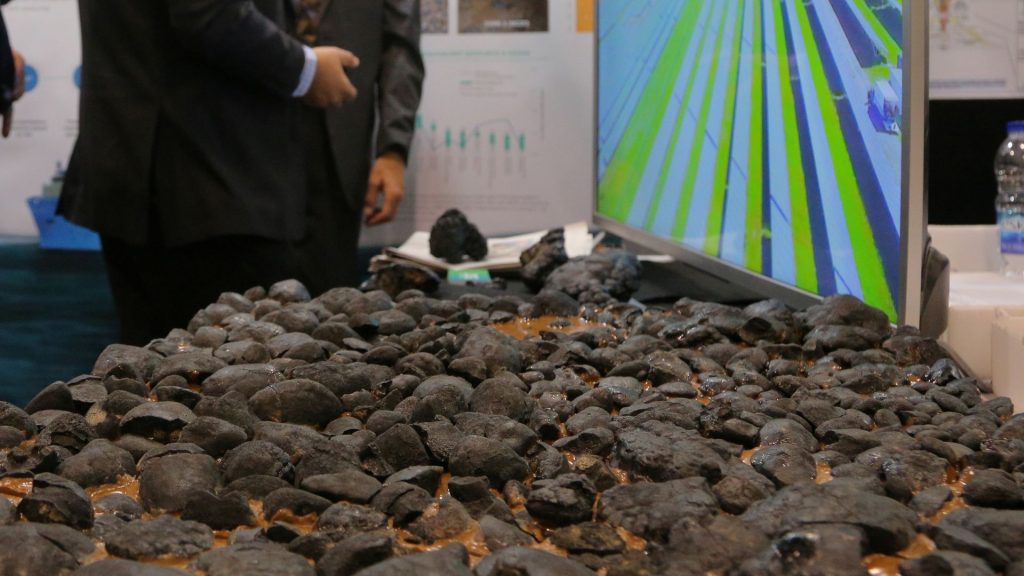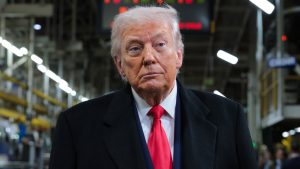Trump executive order to expand US deep-sea mining condemned by China
Ella Greene April 25, 2025 0
President Donald Trump signed an executive order aimed at accelerating deep-sea mining activities within U.S. waters and those beyond its national jurisdiction. However, China has condemned this move, saying it “violates” international law.
What does Trump’s executive order entail?
The order, issued Thursday, April 24, outlines a strategy to increase domestic access to rare earth elements essential for a range of industries, including technology, defense, clean energy and healthcare.
These critical minerals — often found in polymetallic nodules on the ocean floor — are vital to national economic and security interests. The United States currently relies on imports for approximately 80% of its rare earth supply, with China accounting for about 70% of that total.
“The United States has a core national security and economic interest in maintaining leadership in deep-sea science and technology and seabed mineral resources,” Trump said in the order, which he added is intended to “counter China’s growing influence over seabed mineral resources.”
How is the international community responding?
A spokesperson for the Chinese Foreign Ministry said Trump’s authorization to pursue deep-sea mining harms the interests of the broader international community.
This directive bypasses ongoing United Nations negotiations aimed at developing an international framework for deep-sea mining activities in the world’s oceans. The European Union has advocated for a moratorium on such operations until further research is conducted on the potential ecological impacts.
What are environmentalists saying about deep-sea mining?
Environmental organizations and marine scientists have raised concerns about Trump’s order and the effect of mining on deep-sea ecosystems.
“We condemn this administration’s attempt to launch this destructive industry on the high seas in the Pacific by bypassing the United Nations process,” Arlo Hemphill, project lead on Greenpeace’s campaign to stop deep sea mining, said. “The United States government has no right to unilaterally allow an industry to destroy the common heritage of humankind, and rip up the deep sea for the profit of a few corporations.”
A study conducted by the Natural History Museum and the National Oceanography Centre analyzed the site of test mining carried out in the 1970s. It found that while some smaller species showed signs of recovery, larger organisms had not returned, likely due to the destruction of polymetallic nodules that take millions of years to form.
What happens next?
The U.S. government estimates that expanded deep-sea mining could add up to $300 billion to the national economy over the next decade and also create as many as 100,000 jobs. However, no specific timeline has been provided for the commencement of commercial mining operations.
Related Stories
Ella Rae Greene, Editor In Chief
Ella Greene
Ella and the staff at Clear Media Project (CMP) curate these articles.
Unless otherwise noted CMP does not write these articles.
The views, thoughts, and opinions expressed in the articles published on this blog belong solely to the original authors and do not necessarily reflect the views of the blog owner. The blog owner does not claim ownership of the content shared by contributors and is not responsible for any inaccuracies, errors, or omissions.
All rights and credits goes to its rightful owners. No Copyright Infringement is intended. If you believe any content infringes on your rights, please contact us for review and potential removal.





